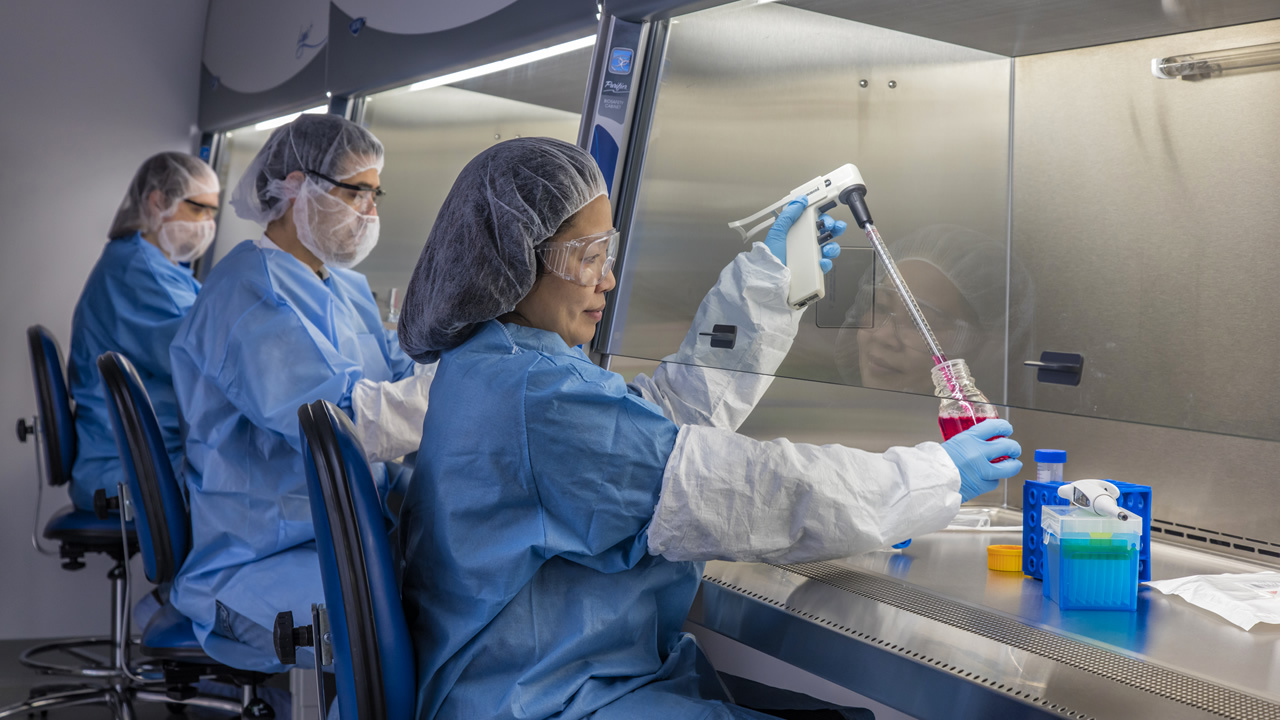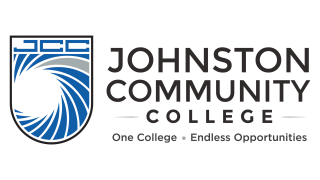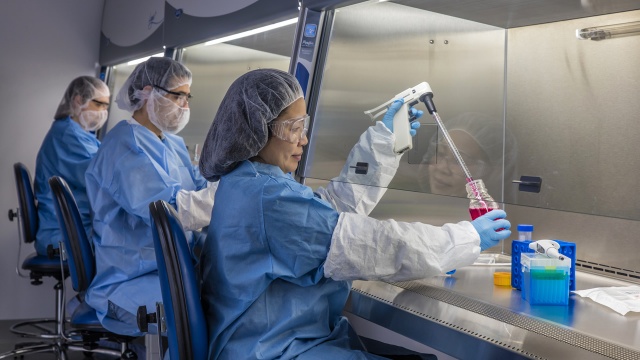Aseptic processing is utilized to prevent contamination and manufacture sterile products to ensure patient safety. Contamination of these drug products via the introduction of microorganisms, endotoxins or particulates leads to product failure, product destruction and the potential for illness or death of patients and consumers. The Aseptic Processing Concepts course provides the foundational knowledge of aseptic practices required for processing sterile products and maintaining customer safety.
In this course, students will be introduced to the regulatory requirements for sterile product manufacturing, the consequences of microbial contamination and the best practices and behaviors in a cleanroom. Students will also be introduced to additional topics related to aseptic processing such as environmental monitoring, endotoxin testing, cleaning and disinfection, cleanroom design and controls, sterilization processes, aseptic gowning, formulation and sterile filtration.
This course equips professionals whose responsibilities depend on aseptic technique:
- Manufacturing Technicians
- Team Leaders and Supervisors
- Quality Control Personnel
- Quality Assurance Personnel
- Maintenance / Engineers – Aseptic Emphasis
- Why Aseptic Processing?
- Current Good Manufacturing Practices (CGMP)
- Good Documentation Practices (GDP)
- Cleanroom Design and Control
- Microbiology Basics
- Endotoxins
- Micropipetting
- Environmental Monitoring
- Facility Cleaning and Disinfection
- Aseptic Gowning and Cleanroom Behaviors
- Component Preparation
- Solution Preparation and Filtration
- Sterilization Methods
- Explain the role aseptic processing plays in pharmaceutical manufacturing.
- Apply CGMP knowledge to cleanroom activities.
- Describe cleanroom operations in relation to manufacturing parenteral products.
- Evaluate sterile gowning needs in various aseptic processing environments..
- Discuss microbiology and bacterial endotoxins in the context of parenteral drug manufacturing
- Identify microorganisms of concern to biopharmaceutical processing
- Evaluate environmental monitoring oversight of aseptic processes.
- Describe environmental programs and techniques
- Compare and contrast cleaning, disinfectant, and sanitizer components and materials.
- Develop an aseptic processing mindset.
Delivered online with a live instructor at a scheduled date and time.
Aseptic processing is utilized to prevent contamination and manufacture sterile products to ensure patient safety. Contamination of these drug products via the introduction of microorganisms, endotoxins or particulates leads to product failure, product destruction and the potential for illness or death of patients and consumers. The Aseptic Processing Concepts course provides the foundational knowledge of aseptic practices required for processing sterile products and maintaining customer safety.
In this course, students will be introduced to the regulatory requirements for sterile product manufacturing, the consequences of microbial contamination and the best practices and behaviors in a cleanroom. Students will also be introduced to additional topics related to aseptic processing such as environmental monitoring, endotoxin testing, cleaning and disinfection, cleanroom design and controls, sterilization processes, aseptic gowning, formulation and sterile filtration.
This course equips professionals whose responsibilities depend on aseptic technique:
- Manufacturing Technicians
- Team Leaders and Supervisors
- Quality Control Personnel
- Quality Assurance Personnel
- Maintenance / Engineers – Aseptic Emphasis
- Why Aseptic Processing?
- Current Good Manufacturing Practices (CGMP)
- Good Documentation Practices (GDP)
- Cleanroom Design and Control
- Microbiology Basics
- Endotoxins
- Micropipetting
- Environmental Monitoring
- Facility Cleaning and Disinfection
- Aseptic Gowning and Cleanroom Behaviors
- Component Preparation
- Solution Preparation and Filtration
- Sterilization Methods
- Explain the role aseptic processing plays in pharmaceutical manufacturing.
- Apply CGMP knowledge to cleanroom activities.
- Describe cleanroom operations in relation to manufacturing parenteral products.
- Evaluate sterile gowning needs in various aseptic processing environments..
- Discuss microbiology and bacterial endotoxins in the context of parenteral drug manufacturing
- Identify microorganisms of concern to biopharmaceutical processing
- Evaluate environmental monitoring oversight of aseptic processes.
- Describe environmental programs and techniques
- Compare and contrast cleaning, disinfectant, and sanitizer components and materials.
- Develop an aseptic processing mindset.



